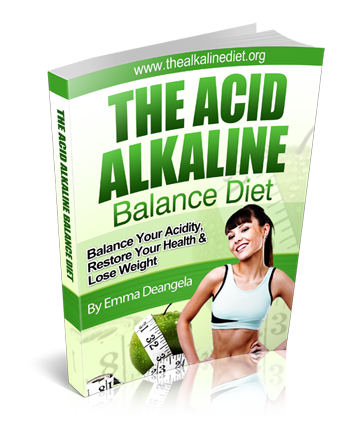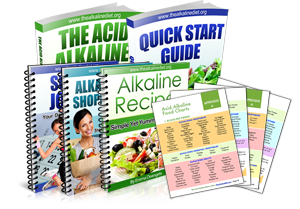Avocados
Avocados are naturally cholesterol free, and contain both monounsaturated and polyunsaturated fats, which are considered healthy fats that your body needs to work at its best. The cholesterol-lowering effects of avocados apply to the bad cholesterol, and they actually work to raise your good cholesterol levels, It’s sort of like putting the brakes on one and hitting the gas on the other for a compounded effect. Specifically it’s the oleic acid that is working its magic with avocados, and you’ll get plenty of potassium and fiber as well.
Red Wine
Red wine has a lot going for it in terms of assisting you in your quest to bring down your cholesterol levels. The alcohol it contains acts to boost your good cholesterol levels, while the resveratrol it contains helps prevent bad cholesterol from becoming a problem. It’s long been associated with improved heart health. Ask your doctor if you should have one glass, a glass and a half, or two glasses per day.
Beans
It’s the soluble fiber in beans that makes them such a superstar when it comes to lower cholesterol levels. They also help to stabilize blood sugar levels, and are relatively high in protein, so you can get sustained amounts of energy without a resulting crash later. This makes them a great side dish to many meals and worth considering eating daily. You can also eat lentils to provide many of the same benefits.
Broccoli
Broccoli often gets mentioned as one of the healthiest foods you can eat, and it seems to be one of the most well-rounded foods out there. The fiber is what we’re after when looking to get the cholesterol down, and if you steam your broccoli you’ll be doing your best to make sure that it helps with the drawing out of cholesterol from your system. It’s also an alkalizing food, and low in fat and calories so it’s great for any diet.
Blueberries
You may already be aware that blueberries contain antioxidants that are good for the body overall, but they also contain a substance known as pterostilbene which helps lower your cholesterol levels, and can also be a factor in lowering your blood pressure. So in addition to the free radical damage that blueberries help prevent, they are also great for your heart health. Top oatmeal with blueberries for a breakfast that can’t be topped.
Apples
When they said that an apple a day keeps the doctor away, they may have been referring specifically to the cardiologist. That’s because apples provide a one-two punch to cholesterol, first with their polyphenols, and second with their fiber content. Polyphenols have been established as being able to lower the levels of bad cholesterol in your body, and the fiber helps move cholesterol through and out of you.
Flax Seeds
Flax seed is unique because it has two separate factors that make it so you’re getting less cholesterol. First, they are high in omega-3s, which can lessen the number of triglycerides in the body. They are also high in fiber, which helps whisk excess cholesterol from your body.
The nice thing about flax seeds
is they can easily be added to soups, salads, and main dishes, so it’s no
problem getting more of them into your diet. Also consider using chia seeds, as
they provide the same benefits, and also come in a small size making them easy
to consume.
Garlic
Garlic is well-known as being a cholesterol lowering food, so much so that there are garlic supplements for those that want to get more of it without actually having to eat it. When it comes to the body, it’s often better to go to right to the source, and eat whole foods that give you the nutrients you need.
But in the case of garlic it might not be feasible to eat as much each
day as is required to get the amount of allicin that will make a difference in
your cholesterol levels, making supplementation the better way to go.




























































